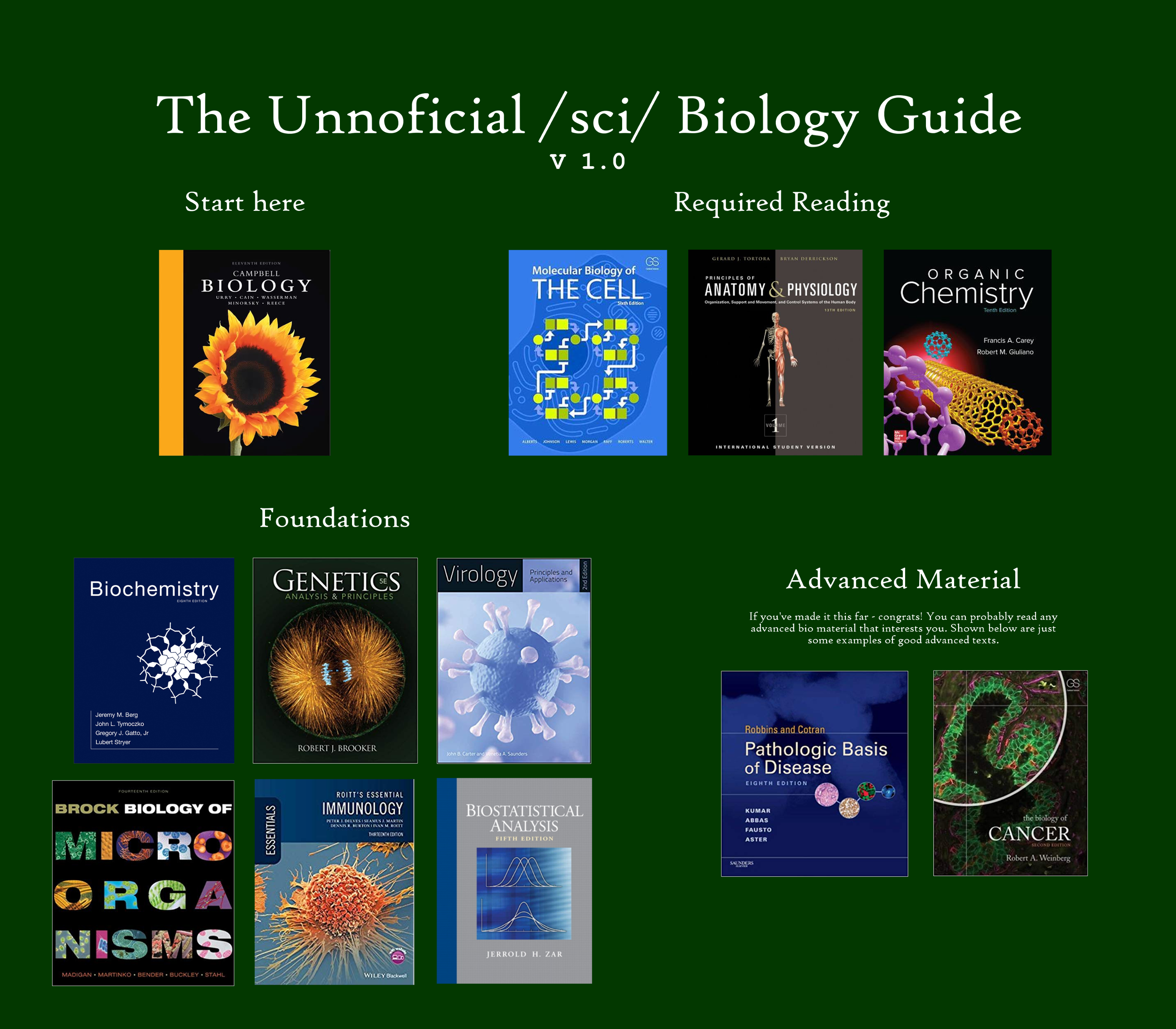acedemic

Academic literature refers to scholarly works produced within the academic community, typically aimed at contributing to the advancement of knowledge within a specific field or discipline. It encompasses a wide range of formats, including research articles, books, conference papers, dissertations, and reviews, published in academic journals, monographs, and other scholarly outlets. Academic literature is characterized by its rigorous research methods, systematic analysis, and reliance on evidence-based arguments. It often undergoes peer review, a process in which experts in the field evaluate the quality and validity of the research before publication. Academic literature serves various purposes, including disseminating new discoveries, theories, and methodologies; critiquing existing scholarship; and providing foundational knowledge for further research and study. It plays a crucial role in shaping the discourse and practices within academic disciplines, as well as informing policy, professional practice, and public debate.
reading lists
-

economics
Economics is a social science that studies how societies allocate scarce resources to satisfy unlimited wants and needs. It involves the analysis of production, distribution, and consumption of goods and services within a given system. Economists use various theories, models, and methodologies to understand and explain economic phenomena, such as supply and demand, prices, inflation, unemployment, and economic growth. The field is divided into microeconomics, which focuses on individual actors and markets, and macroeconomics, which examines aggregate phenomena at the national or global level. Key concepts in economics include opportunity cost, marginal analysis, incentives, market structures, and economic indicators. Economists often employ quantitative methods, including statistical analysis and mathematical modeling, to analyze data and test hypotheses. Economics also intersects with other disciplines, such as sociology, political science, and psychology, to provide insights into complex social and behavioral dynamics. Overall, economics seeks to provide a systematic framework for understanding and addressing real-world economic issues and informing policy decisions.
-

biology
Biology is a natural science that studies living organisms and their interactions with each other and their environment. It encompasses a broad range of topics, including the structure, function, growth, evolution, distribution, and taxonomy of living organisms. At its core, biology seeks to understand the principles and mechanisms underlying life processes, from the molecular and cellular levels to ecosystems and beyond. Key sub-disciplines within biology include genetics, physiology, ecology, microbiology, botany, and zoology, each focusing on specific aspects of living systems. Biological research employs various methodologies, including observation, experimentation, data analysis, and mathematical modeling, to generate and test hypotheses about living organisms and their behavior. Biology plays a fundamental role in addressing pressing societal challenges, such as disease prevention, environmental conservation, and food security, by providing insights into the workings of living systems and informing policy and decision-making processes.
-

Programming
Computer programming involves the creation of precise sequences of instructions, known as code, that enable computers to perform specific tasks. It requires a deep understanding of algorithms, data structures, and programming languages. Programmers analyze problems, devise efficient solutions, and translate these solutions into code using syntax and logic that computers can understand. Debugging, or identifying and correcting errors in the code, is an integral part of the process. Programmers often work with various tools and development environments to write, test, and maintain their code. It's a technical field that demands attention to detail, logical thinking, and continual learning to adapt to evolving technologies and solve increasingly complex problems.